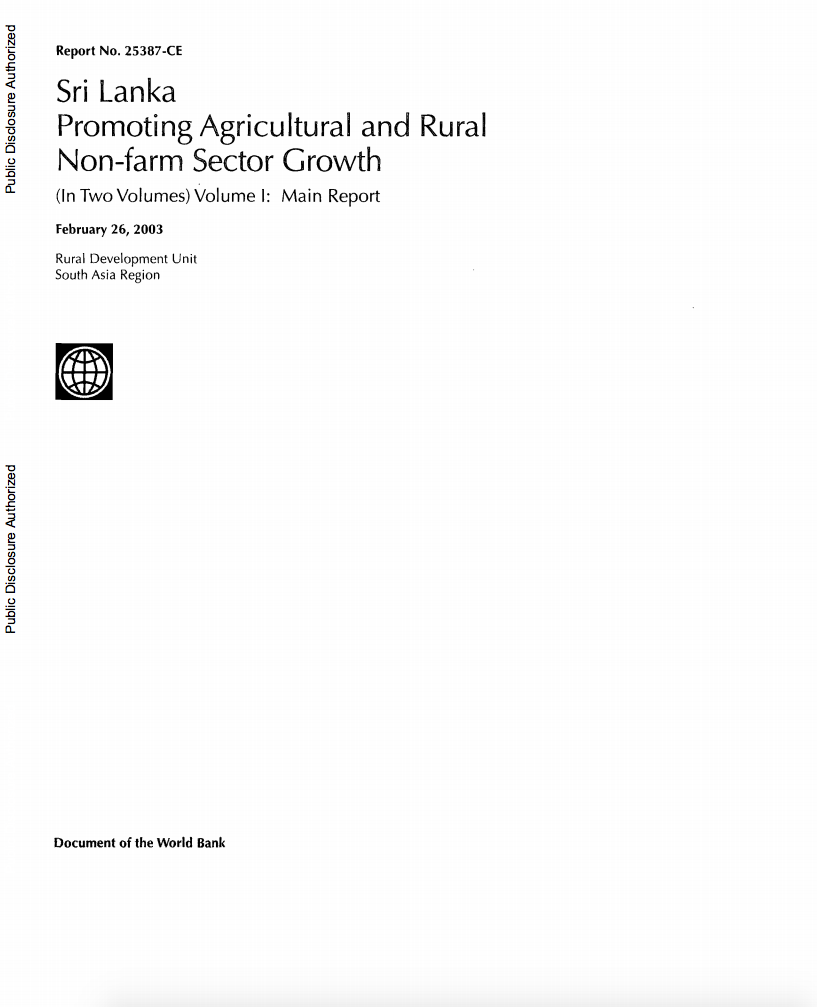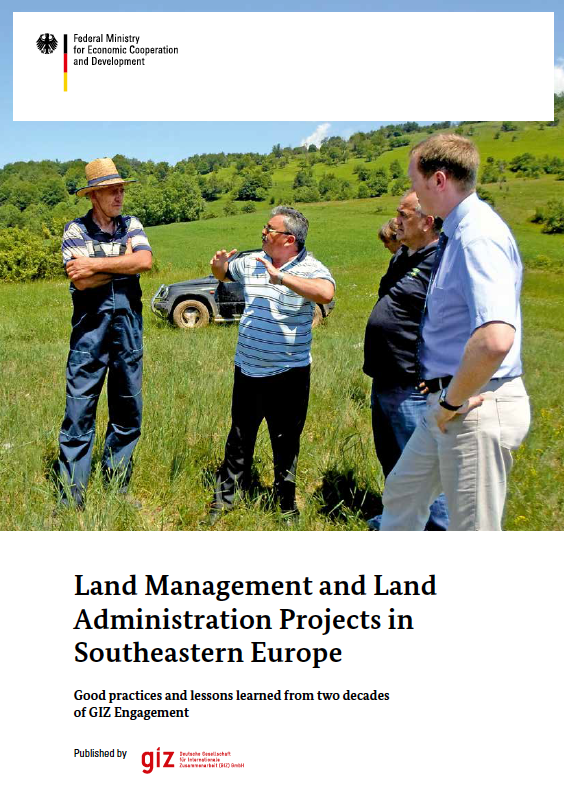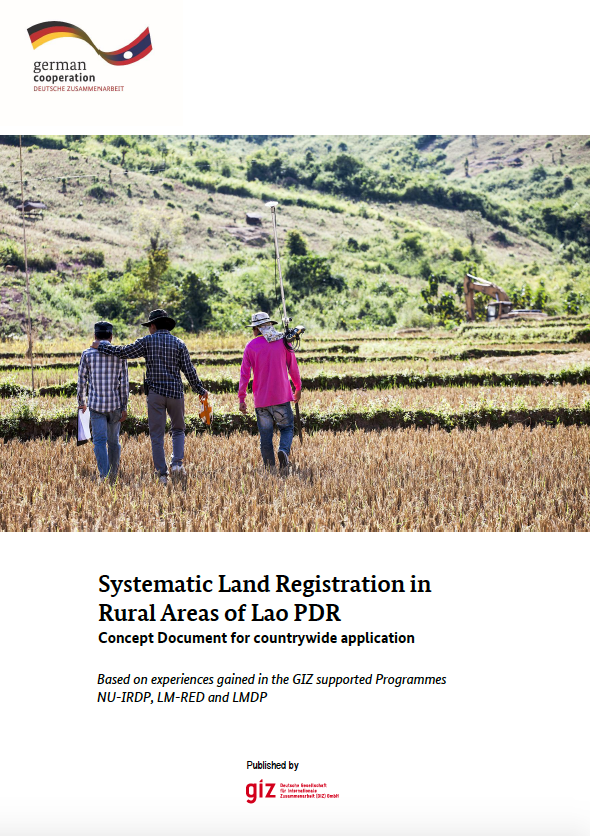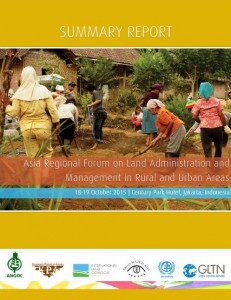Republic of Togo : Urban and Peri-Urban Development and Policy Note
This review concludes that for
Togo's urban and peri-urban areas to sustainably grow,
issues of urban governance and development need to be
approached in a comprehensive manner, driven by well -guided
policies developed in partnership with the people to support
Sub-National Government Authorities and Entities(SGAs) in
carrying out their functions efficiently. To meet evolving
challenges of urbanization and decentralization, the






